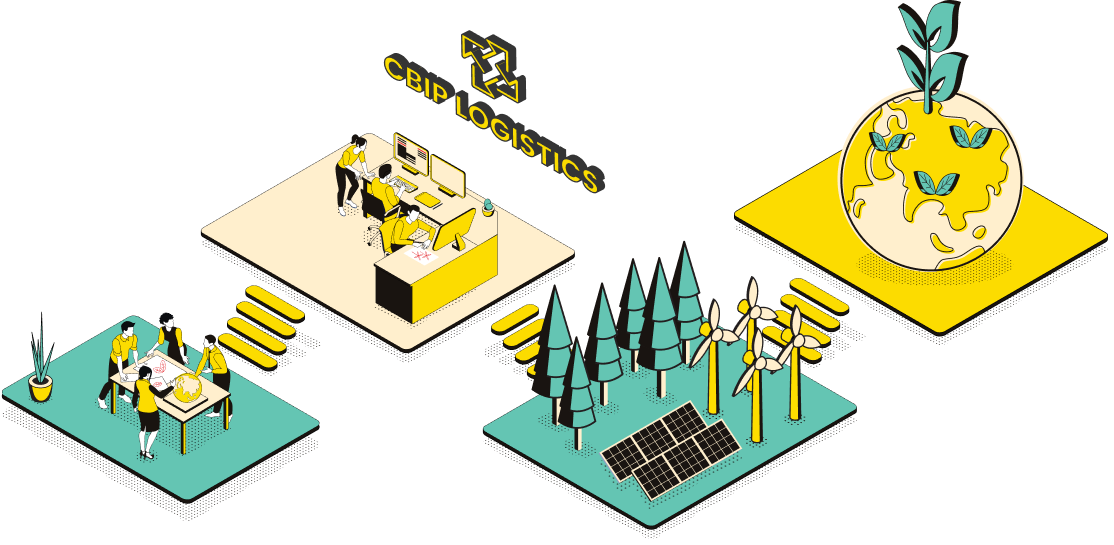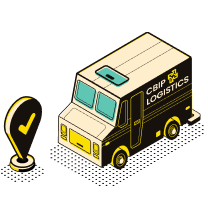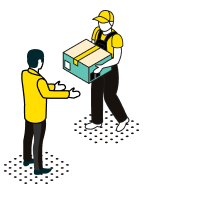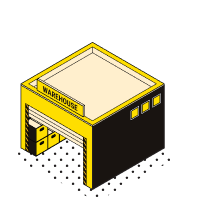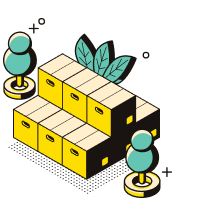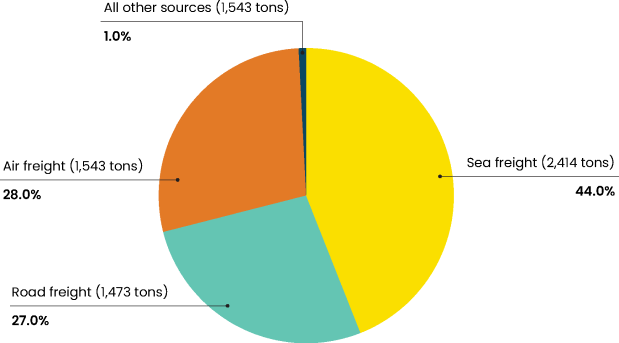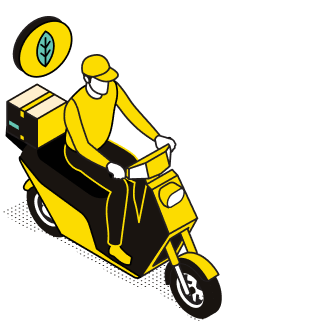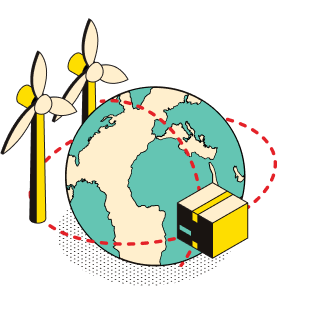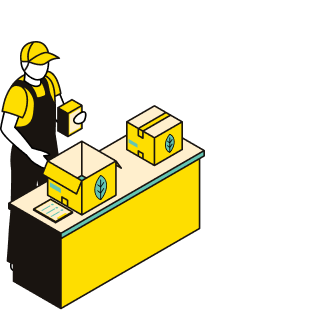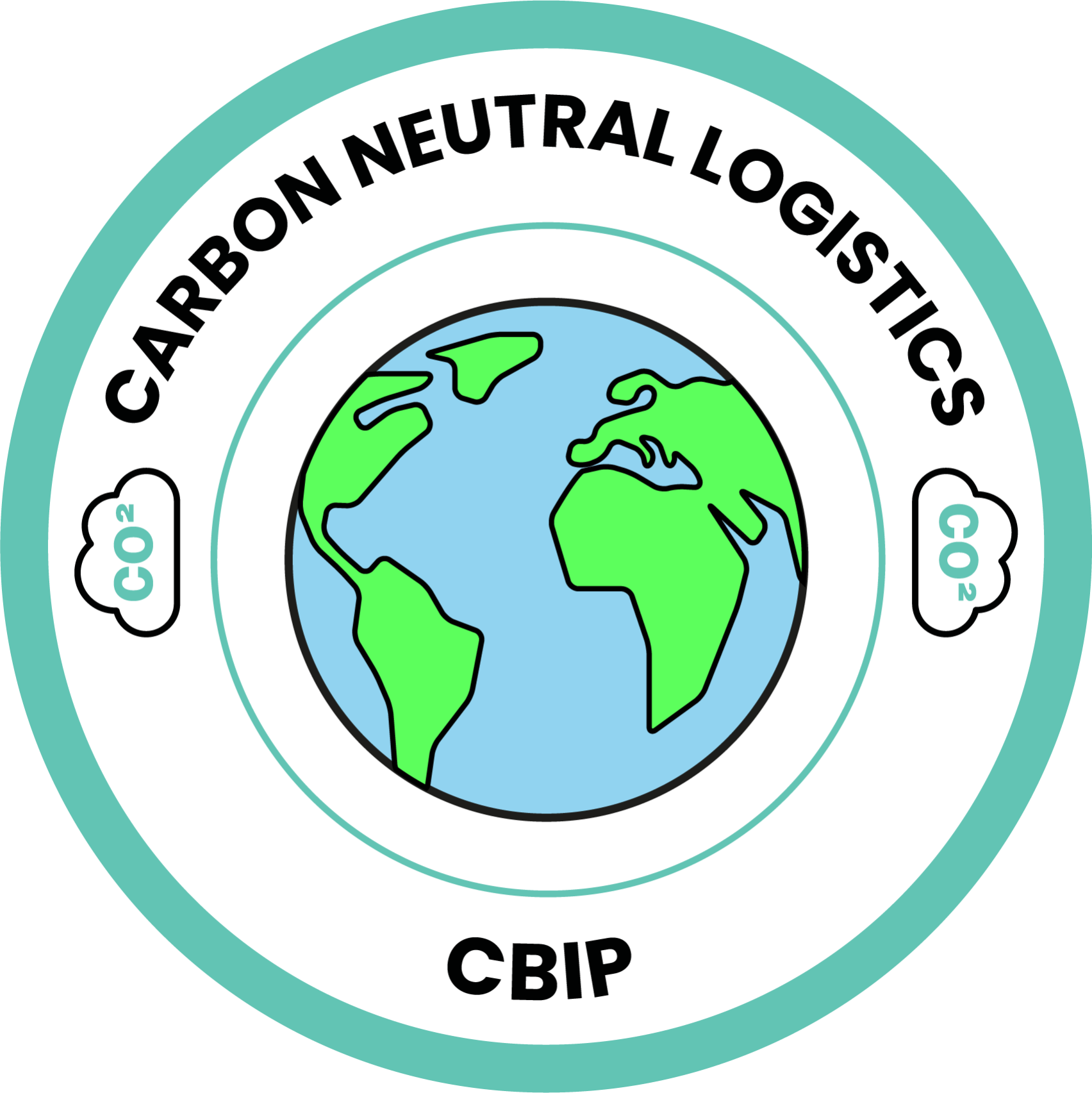Greenhouse gases (GHGs) are any gases that contribute to climate change through the effect of global warming (carbon dioxide, methane, nitrous oxide, and more). As more of these gases are released, the atmosphere traps more heat from the sun every year. This is causing the climate to change. GHGs and carbon dioxide (CO2) emissions are often used interchangeably with carbon emissions when talking about the climate.
Climate change is causing rising sea levels, coral bleaching, and more frequent and intense natural disasters such as heat waves, hurricanes, floods, droughts, and wildfires. Vulnerable communities that contribute the least to climate change are often impacted the most. These communities and fragile ecosystems often cannot adapt fast enough or bounce back after devastating natural disasters. According to a 2021 study, 410 million people live in coastal areas that may be underwater by 2100. The next generation (our kids) and future generations will have to grapple with the increasingly damaging impacts of climate change.
In the summer of 2023, we have seen record high temperatures and heat waves across the northern hemisphere. Extreme heat kills thousands every year. Floods destroy buildings and homes of generations. Cities like Miami experience “sunny day flooding” due to rising tides and sea levels. Prolonged droughts are turning previously farmable land to sand in Africa and forcing people to migrate to survive. Devastating wildfires such as the one that hit Maui bring historical towns to dust. These impacts will continue to worsen if the climate continues to warm.
Carbon emissions largely come from burning fossil fuels such as oil and gas. Transportation, agriculture, electricity, heating and cooling homes, and deforestation all result in carbon emissions.
CBIP Logistics is the first 4PL in Asia that is carbon neutral. Instead of just claiming we are carbon neutral, we are certified carbon neutral through a company called South Pole. We are also engaging with our suppliers and subcontractors to improve sustainability efforts.
Scope 1 emissions encompass any carbon emissions that result from a company’s direct operations. This includes emissions from any equipment owned and operated by the company.
Scope 2 emissions encompass any carbon emissions that come from indirect sources. This includes emissions that come from electricity, heating, or cooling purchased from a separate company.
Scope 3 emissions include all other indirect emissions. These emissions typically come from a company’s supply chain, and they are often the largest portion of a company’s emissions. Over 99% of CBIP’s emissions are considered scope 3.
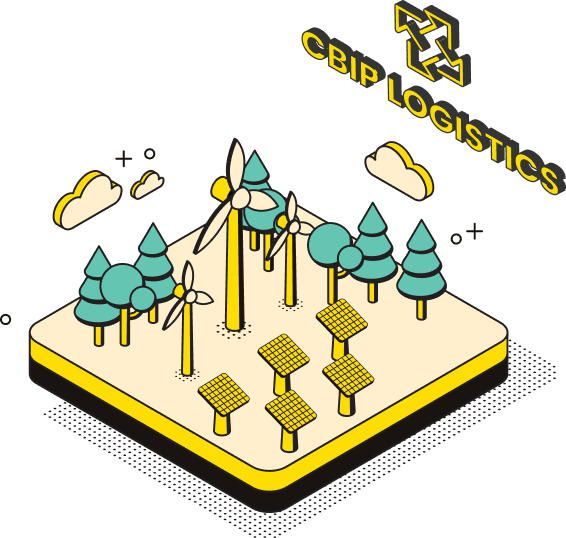
 Co-founders Nick Bartlett and Chris Crutchley created CBIP Logistics to bridge the gap between fragmented logistics practices and the emerging world of e-commerce logistics. What started as a goal to provide innovative and collaborative logistics services in an industry deeply in need of a shake up soon turned into something more. Embracing sustainable business practices became part of that shift.
Co-founders Nick Bartlett and Chris Crutchley created CBIP Logistics to bridge the gap between fragmented logistics practices and the emerging world of e-commerce logistics. What started as a goal to provide innovative and collaborative logistics services in an industry deeply in need of a shake up soon turned into something more. Embracing sustainable business practices became part of that shift.